
Today on the Blog, Madeline Vadkerty, the Alliance’s Senior Manager for International Programs is going to try her best to lure you to Buenos Aires. She’s pretty dang persuasive…
My mission today is to convince you to join me at “Reimagining the Museum,” a conference AAM is co-hosting with the TyPa Foundation in Buenos Aires, Argentina on September 2 – 4. While technology is making it easy to engage in discussions with counterparts in other countries, nothing can replace the chance to meet people face-to-face, exchange ideas and learn from each other.
Registration for the conference has been extended to August 17 so you still have time (just) to sign up.
In Buenos Aires, museum professionals from all over the Western hemisphere will explore the transformations and innovations that are helping their institutions navigate the challenges posed by technological, social, political, environmental and economic change. Perhaps most importantly, this cross-cultural conversation will tackle how museums can retain and expand audiences in the face of increasing competition for leisure time. Our hope is that the conference will spark the formation of a network of museum professionals across the Americas who will continue to work together and share resources.
I’ll preview two of the conference sessions that really stand out for me (in part because they resonate with the theme of AAM’s annual meeting next spring—Power, Influence and Responsibility).
“Atrocity and Museums: Exploring Examples of Violence and Memory” will feature presentations from Colombia’s National Museum of Memory, Memory Park in Argentina, the Villa Grimaldi Park for Peace in Chile, the National September 11 Memorial and Museum in New York City and the Memory, Tolerance and Social Inclusion Place in Peru. Some of the museums in this session address the role governments play in perpetrating abuse, which is particularly apropos for my US colleagues as we mark the anniversary of the killing of Michael Brown in Ferguson, Missouri, and contemplate the degree to which police and government policies have contributed to societal ills that led to this and similar events across our country. This session will help museums learn from each other and consider how to engage with traumatized communities and promote healing. A growing cadre of museums is taking responsibility for confronting injustice and violence in society, and caring for survivors. One museum that will soon join the ranks of this cadre is the Museum of Liberty and Human Rights. When I spoke recently with Enrique Arturo de Obarrio and Betty Brannan Jaén, the founders of this new museum in Panama, it became clear to me that their institution and others like it aspire to play a meaningful role in reconciliation – helping society grapple with the delicate questions surrounding the portrayal and interpretation of human evil.
The second session I want to highlight is “The Black Americas: Visibility, Representation and the Cultural Dynamics of African-Descended Communities.” Speakers from the National African American Museum of History and Culture, the Afro-Brazilian Museum of the Federal University of Bahia (Brazil), the Zaña-Chiclayo Museum (Peru) and the Haitian Heritage Museum in Miami, Florida will talk about hidden heritage throughout our hemisphere and the implications for museums. Just as Jewish museums address broader issues exemplified by or arising from the Holocaust, museums that examine the legacy of slavery from the African diaspora can engage with living communities to address contemporary issues of power and justice.
Argentina may be a long journey for you, but I promise you it will be worth your time and resources. In addition to offering substantial networking and learning opportunities, working internationally can help all museums bring more diverse partnerships into their orbits and lead to more diverse audiences visiting our institutions. As centers of tourism and local engagement, museums are affected by increasing globalization, and all museums (including the core membership of the Alliance, here in the US) will benefit from being be part of the conversation.
Skip over related stories to continue reading article
The sessions I described here are but a small sample of the conference’s rich program—you can explore the rest of the content in the “schedule” section of the conference web site (click on session titles to read synopsis). If you are interested in attending, contact international@aam-us.org or visit www.elmuseoreimaginado.com/en to register.

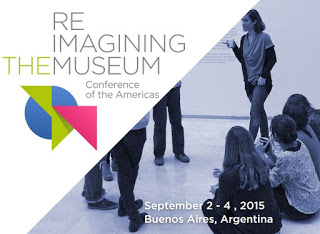
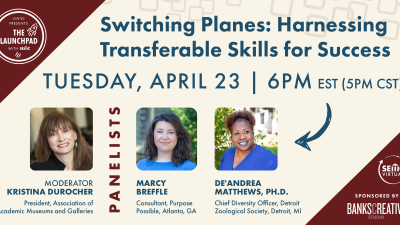
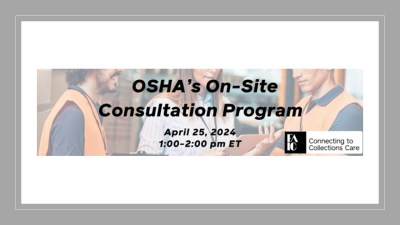
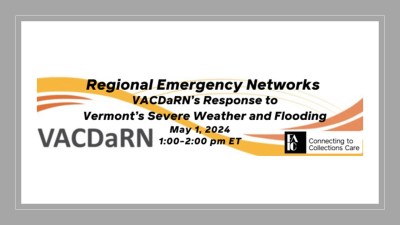
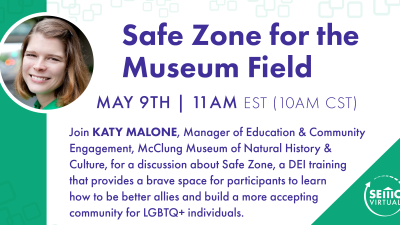

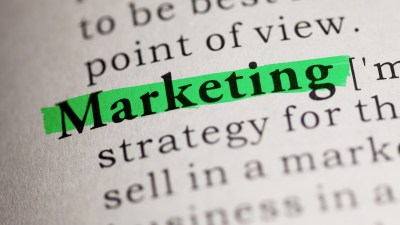
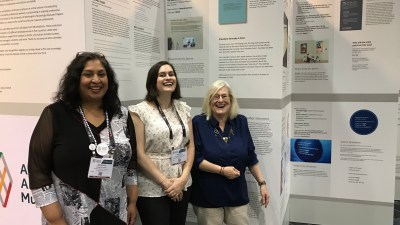
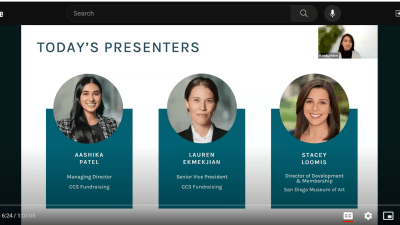
Comments